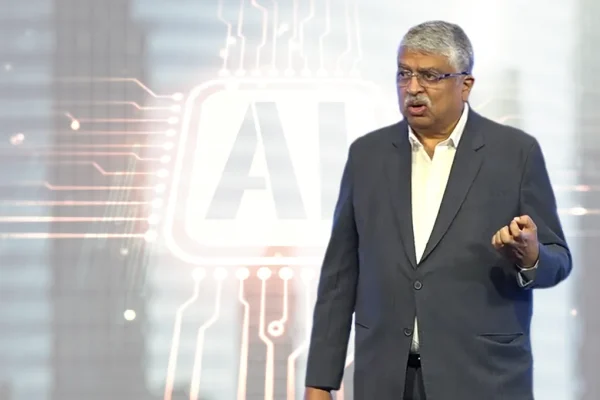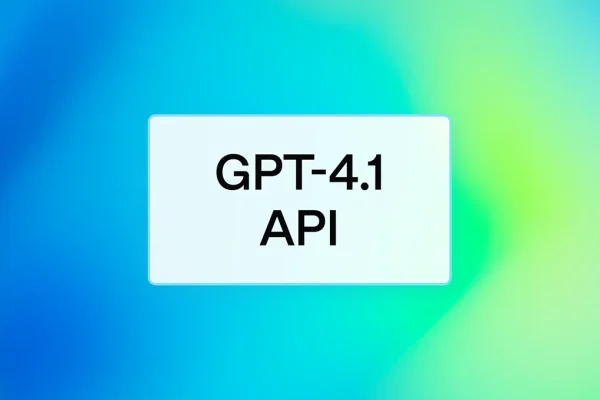The new rollout includes an AI-first CRM system, an AI Control Tower, and the AI Agent Fabric — a suite of tools aimed at integrating artificial intelligence into business operations for streamlined workflows.
During an exclusive conversation with Moneycontrol, ServiceNow’s Chief Technology Officer Pat Casey addressed growing concerns about AI-driven automation impacting jobs in India — one of the world’s largest tech workforces.
“In India, AI isn’t about layoffs. It’s about enabling people to achieve more with less effort,” Casey said, adding, “AI is rocket fuel for human productivity.”
AI in India: A Different Economic Model
Casey highlighted that unlike high-income countries where automation quickly offsets high labor costs, India’s lower wage base changes the equation. “In the US, automating tasks for $15/hour makes sense. In India, the economics are different—but the need for higher productivity remains the same,” he explained.
He believes that India’s future lies not in resisting AI but in embracing it to accelerate economic growth. “To grow into a $30 trillion economy from $3 trillion, India needs to scale productivity—AI can be a key driver,” he noted.
Key Job Shifts AI Will Trigger in India
- Enhanced Productivity: ServiceNow’s data reveals that AI-assisted teams complete complex workflows up to 60% faster, allowing Indian professionals to focus on innovation and strategic output instead of repetitive tasks.
- Emergence of New Roles: The AI revolution is set to create high-demand roles like AI trainers, automation architects, and workflow designers — jobs that pay 30–40% more than traditional IT support positions.
- Services Sector Transformation: As AI tools take over basic customer service queries, Indian service professionals can pivot toward value-driven consulting and specialized digital transformation roles.
Upskilling: India’s Strategic Advantage
Rather than displacing workers, Casey emphasizes the importance of upskilling the existing workforce. “People need to integrate AI into their skill set. That’s how you stay relevant in the global economy,” he said.
He added that the AI-jobs debate often overlooks the broader opportunity: empowering India’s vast talent pool to lead in the AI era. “This is not a threat—it’s a chance for India to leap ahead on the global productivity scale,” Casey concluded.


























